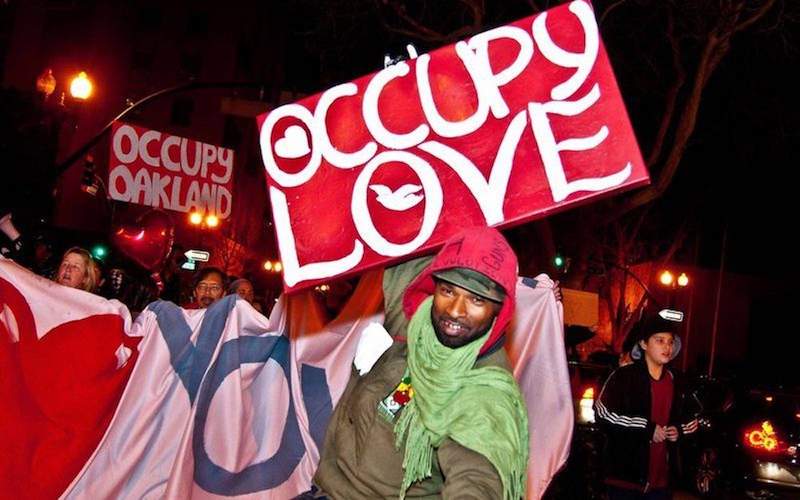In 2016, Frances Lee published a well-known essay called “Why I’ve Started to Fear my Fellow Social Justice Activists”. This was one of several watershed pieces that have been coming out over the past few years in response to “cancel culture” and the increasing patterns of bullying, fanaticism, and de-platforming that has occurred in social justice movements.
In the essay, titled “No Justice without love: why activism must be more generous”, Lee goes further into their understanding of what really matters in our pursuit of a just world and why we need to operate out of love and humility rather than reducing our activism to outrage, cruelty and contempt.
What makes this piece particularly powerful is that Lee, a transgender intersectional activist and cultural studies scholar, has identified the cult-like elements that have crept into many of today’s social justice movements. The following passage about how information and dogmas are shared in these movements sums this up:
“But the way they [ideas for change] are presented, re-shared and absorbed into activist culture as infallible gospel truths removes people’s agency to think for themselves. I want to be a member of a thriving and diverse social movement, not a cult or a religion.”
“Furthermore”, they continue, “I worry that identity is being deployed as a way to separate people rather than to create coalitions to work together en masse.”
Lee’s new book, Toward An Ethics of Activism: A Community Investigation of Humility, Grace and Compassion in Movements for Justice, addresses the “relational aggression” that is common in these movements and explores some of the ways in which the inevitable conflicts can be surfaced, understood, and healed.
If the book reflects the basic outlook of this essay, it could become another piece of the emerging canon for a social justice reformation.
